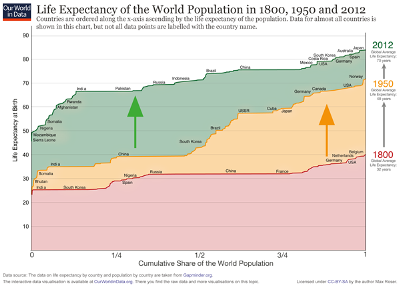In the Industrial Age, job title was very much one’s social identity, in particular related to the position in pyramidal organization charts. In many countries like France, the studies (university, degree) and grade achievements was also very much one’s identity. It is still the case at various levels.
 However, this easy-to-relate identify definition will disappear in the Collaborative Age as the importance of conventional organizations will progressively disappear, and as we will be increasingly on our own without a fixed ‘job’, or at least only with temporary ones.
However, this easy-to-relate identify definition will disappear in the Collaborative Age as the importance of conventional organizations will progressively disappear, and as we will be increasingly on our own without a fixed ‘job’, or at least only with temporary ones.
This situation creates a lot of stress on personal identity. It is thus a high barrier for those that hesitate to jump out of traditional organizations; or, those who get retrenched or lose their job and have to reinvent themselves. It is possibly one of the biggest stressors in society today.
One needs to realize how defining oneself in terms of job title and university degree is limiting. In particular after a few years’ experience, our personal identity is much more complex and full; and it involves both personal and professional elements. We need definitely to find other ways of expressing our complete identity. It could be through our own creations or on social media.
Transforming the way we express our identity is a mandatory skill for the Collaborative Age.












